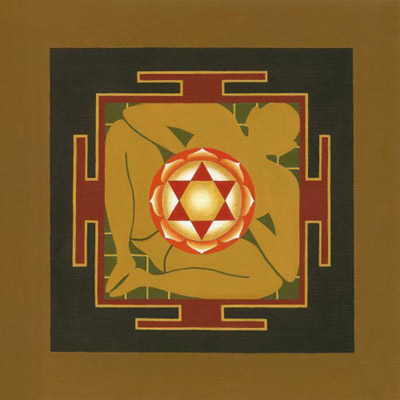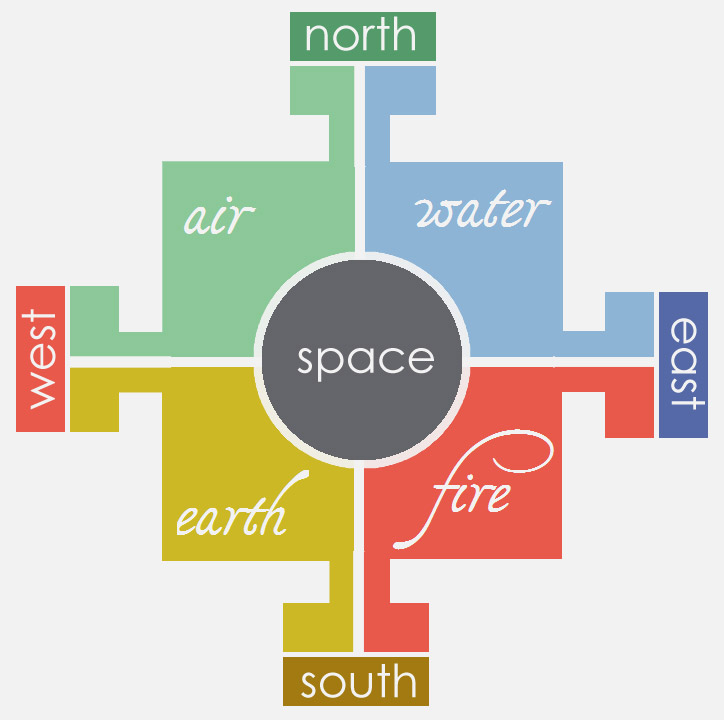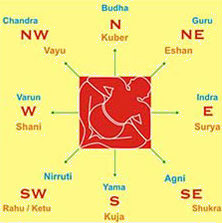Q. What is Vaastu Shastra?
Ans. The term 'Vaastu' is derived from Sanskrit word 'vasu' that means 'earth', while the word 'shastra' means 'science'. Vaastu Shastra is an ancient doctrine which consists of precepts born out of a traditional view on how the laws of nature affect human dwellings; often referred to as - science of construction / architecture. The underlying root is vas (Vessel) ’to dwell, live, stay and abide’. Vaastu Shastra is practiced since the Vedic period and was widely used to build a property which would be auspicious and bring prosperity, happiness and health to the residents.

Q. Why are air, water, fire, earth and space considered as vital elements of Vaastu Shastra?
Ans. According to Vaastu Shastra our world comprises of five basic elements. Earth has life because of the presence of these five elements. Harmony of these five elements in our body and environment keeps us healthy and active while any disturbance in the equilibrium devitalizes us. Vaastu Shastra provides the ancient knowledge and instructs us how to maintain the equilibrium of these five elements in a building and make best use of them to energize mental and physical energies of the inhabitants

Q. As per Vaastu Shastra what are the parameters that should be kept in mind while purchasing or renting commercial and residential real estate?
Ans. Following are some parameters which can form a guideline to select the right property:
1. If one is purchasing a constructed house or building, it is best if the main structure is in the centre of the plot.
2. If it is a rectangular plot, the structure should be closer to South, South West and West directions, while North and East directions should have open spaces.
3. In case of buying a non-rectangular plot it should be ensured that South East and South West corners have a 90 degrees’ angle.
4. 'L' shaped plots are considered unsuitable as it signifies missing opportunities for the owners.

5. Yellow colored soil is good for commercial lands as it is an auspicious color, signifying increase in wealth.
6. A plot surrounded by roads in all four sides is considered quite auspicious.
7. Buying a plot that has the South and West part higher than the North or East part brings in good luck.
8. While buying a constructed commercial or residential property, it is ideal to have a narrow main gate and a wider end.
9. Rocky land should be avoided as it is considered inauspicious.
10. One should ideally avoid plots which have obstructions in front of the entrance, e.g. wells, big trees, pillars and posts.
Q. What is the role of directions while buying a commercial or residential estate?
Ans. Directions and Vaastu surely brings in good luck, if kept in mind while buying a commercial or residential estate. Different directions are believed to be governed by diverse deities in Hindu Mythology and in turn such deities govern various aspects of our life.
In accordance with position occupied by the gods, guidelines are given for zoning of site and distribution of rooms in a building. Some of these are:
